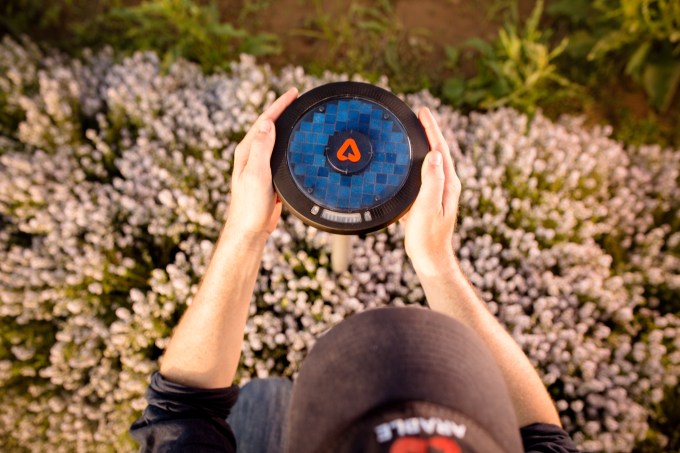Smart Sutures
Researchers at Tufts University are experimenting with smart thread sutures that could provide electronic feedback to recovering patients. The paper, entitled “A toolkit of thread-based microfluidics, sensors, and electronics for 3D tissue embedding for medical diagnosis”, is fairly academic, but does describe how threads can work as pH sensors, strain gauges, blood sugar monitors, temperature monitors, and more.
Conductive thread is nothing new but usually thought of as part of a smart garment. In this case, the threads close up wounds and are thus directly in the patient’s body. In many cases, the threads talked to an XBee LilyPad or …read more
 A Princeton, New Jersey startup called Arable Labs Inc. recently unveiled a professional-grade crop and weather sensor that’s solar powered, rugged and was designed by Fred Bould, the creative talent behind the Nest thermostat, smoke and carbon monoxide detector, as well as Fitbit, GoPro and Roku products. The Pulsepod, which looks something like the head of a small drum or a…
A Princeton, New Jersey startup called Arable Labs Inc. recently unveiled a professional-grade crop and weather sensor that’s solar powered, rugged and was designed by Fred Bould, the creative talent behind the Nest thermostat, smoke and carbon monoxide detector, as well as Fitbit, GoPro and Roku products. The Pulsepod, which looks something like the head of a small drum or a…